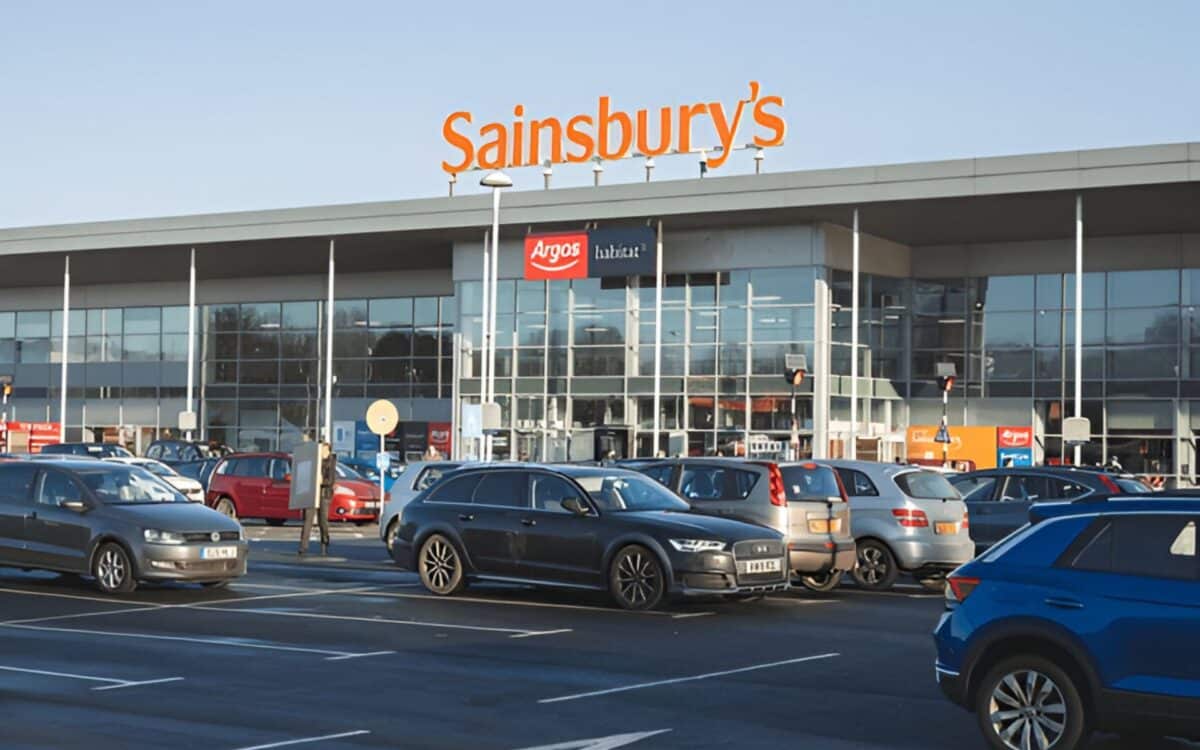Sainsbury’s, one of the UK’s largest supermarket chains, has announced plans to cut 3,000 jobs across its operations as it grapples with a surge in costs, including higher taxes and wage bills following Chancellor Rachel Reeves’s recent Budget. The move forms part of a three-year, £1bn cost-cutting drive aimed at streamlining the business and improving efficiency.
The job losses, which include one in five senior management roles, come just two months after the retailer warned that the Budget would cost it £140m due to increased employers’ National Insurance contributions and higher wages. The decision has sparked debate about the broader economic impact of the government’s fiscal policies on businesses and employment.
Sainsbury’s Strategic Changes Amid Economic Challenges
Simon Roberts, Sainsbury’s Chief Executive, acknowledged the difficulty of the decision, stating:“We are facing into a particularly challenging cost environment which means we have had to make tough choices about where we can afford to invest and where we need to do things differently to make our business more efficient and effective.
The decisions we are announcing today are essential to ensure we continue to drive forward our momentum but have also meant some difficult choices impacting our dedicated colleagues in a number of parts of our business. We’ll be doing everything we can to support anyone impacted by today’s announcements.”
Roberts had previously warned of “unprecedented” inflationary pressures caused by the rapid implementation of National Insurance changes, describing the scale of costs facing the industry as a “real concern”.
- Job Cuts: 3,000 roles to be axed, including 20% of senior management positions.
- Café Closures: All 61 remaining in-store cafés will shut, alongside patisserie, hot food, and pizza counters.
- Customer Shifts: Declining café usage as shoppers opt for food halls with greater variety.
The reduction in senior management roles is partly attributed to the recent increase in company National Insurance contributions, which have placed additional financial strain on the business.
Government’s Commitment to Economic Growth Amid Job Cuts at Sainsbury’s
When questioned about the impact of the Budget on Sainsbury’s job cuts, a spokesperson for the Prime Minister emphasised the government’s focus on economic growth:“Growing the economy, backing businesses, putting more money in people’s pockets are obviously the priority. It is only by growing the economy we can fund our public services and raise living standards.
But as we said at the budget, difficult decisions were needed to restore economic stability, and put the public finances back on to a stable footing following the £22bn black hole, and that was a precursor to driving economic growth.”
Retail Sector Under Pressure
Sainsbury’s is not alone in feeling the pinch. The British Retail Consortium (BRC) recently revealed that 67% of the 52 finance bosses it surveyed plan to raise prices in response to increased National Insurance contributions. Other measures include:
- Reducing Staffing Levels: 46% of businesses plan to cut store staff.
- Automation: 31% expect to accelerate automation to offset rising costs.
- Reduced Hours: Just over half intend to cut paid hours and overtime.
Retailers, often operating on tight margins and employing large numbers of staff at relatively low wages, are particularly vulnerable to tax increases. The decision to lower the National Insurance threshold from £9,100 to £5,000 has been described as a significant blow to the sector.
Sainsbury’s Growth Amidst Uncertainty Following Budget Tax Changes
The announcement comes just weeks after Sainsbury’s celebrated its “biggest ever” Christmas trading period, with annual profits expected to reach £1.06bn. The company also awarded staff a 5% pay rise earlier this year. However, the Budget’s tax changes have overshadowed these successes, raising questions about the sustainability of growth in the retail sector.
The Retail Sector’s Dilemma
Rachel Reeves has defended her Budget decisions, arguing that the tax increases are necessary to stabilise the economy and fund public services. However, critics argue that the short-term pain inflicted on businesses and workers could stifle growth and exacerbate inflationary pressures.
As Sainsbury’s prepares to implement its cost-cutting measures, the broader retail sector is left to grapple with a challenging new reality. The question remains: can businesses adapt to these pressures without sacrificing jobs, customer service, or long-term growth?
| Measure | Percentage of Businesses Affected |
|---|---|
| Raise Prices | 67% |
| Reduce Staffing Levels | 46% |
| Accelerate Automation | 31% |
| Cut Paid Hours and Overtime | 51% |
While the government insists that its Budget decisions are necessary for economic stability, the immediate fallout for businesses like Sainsbury’s raises uncomfortable questions. Is the pursuit of fiscal responsibility coming at the expense of jobs and growth? And as retailers increasingly turn to automation and price hikes, what does this mean for the future of work and consumer affordability?









